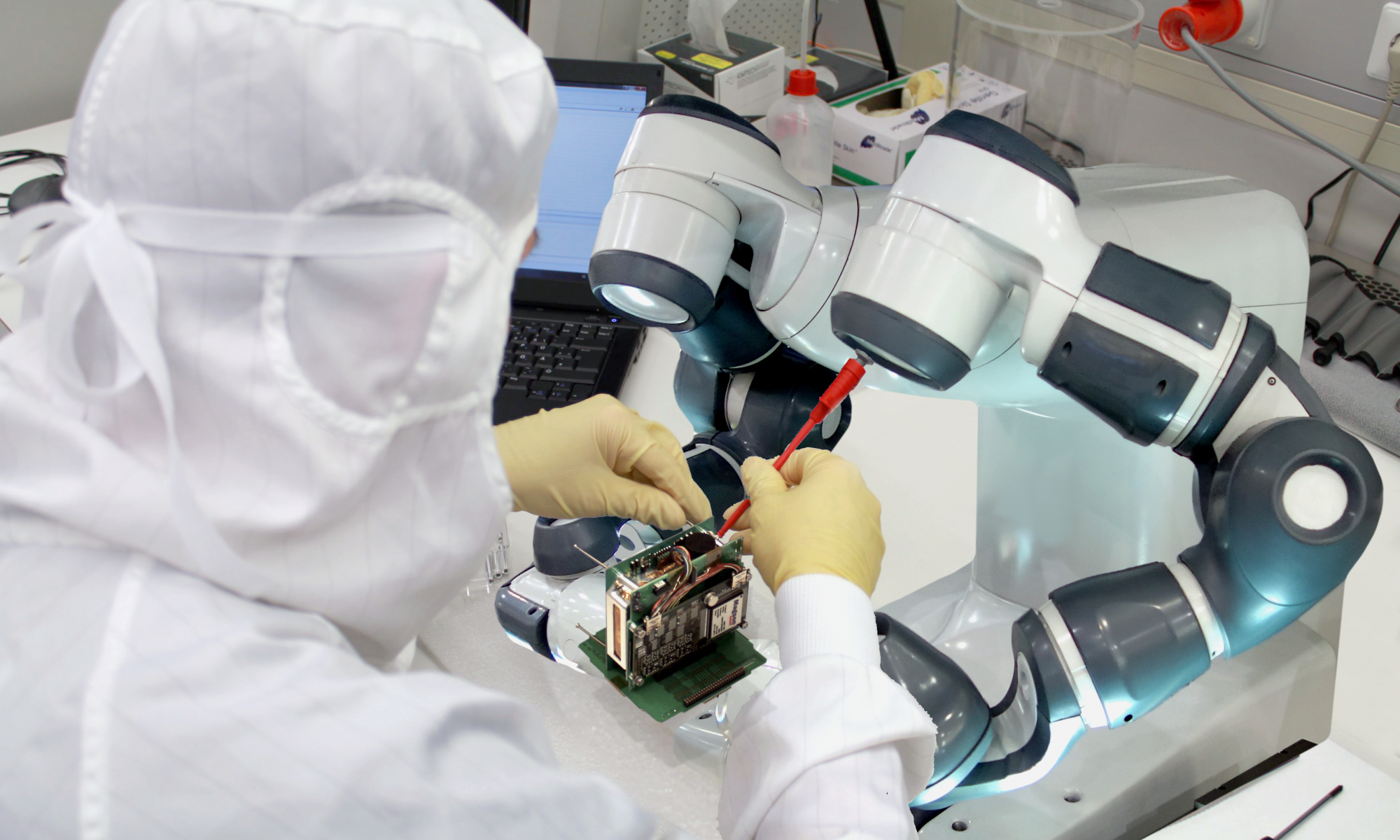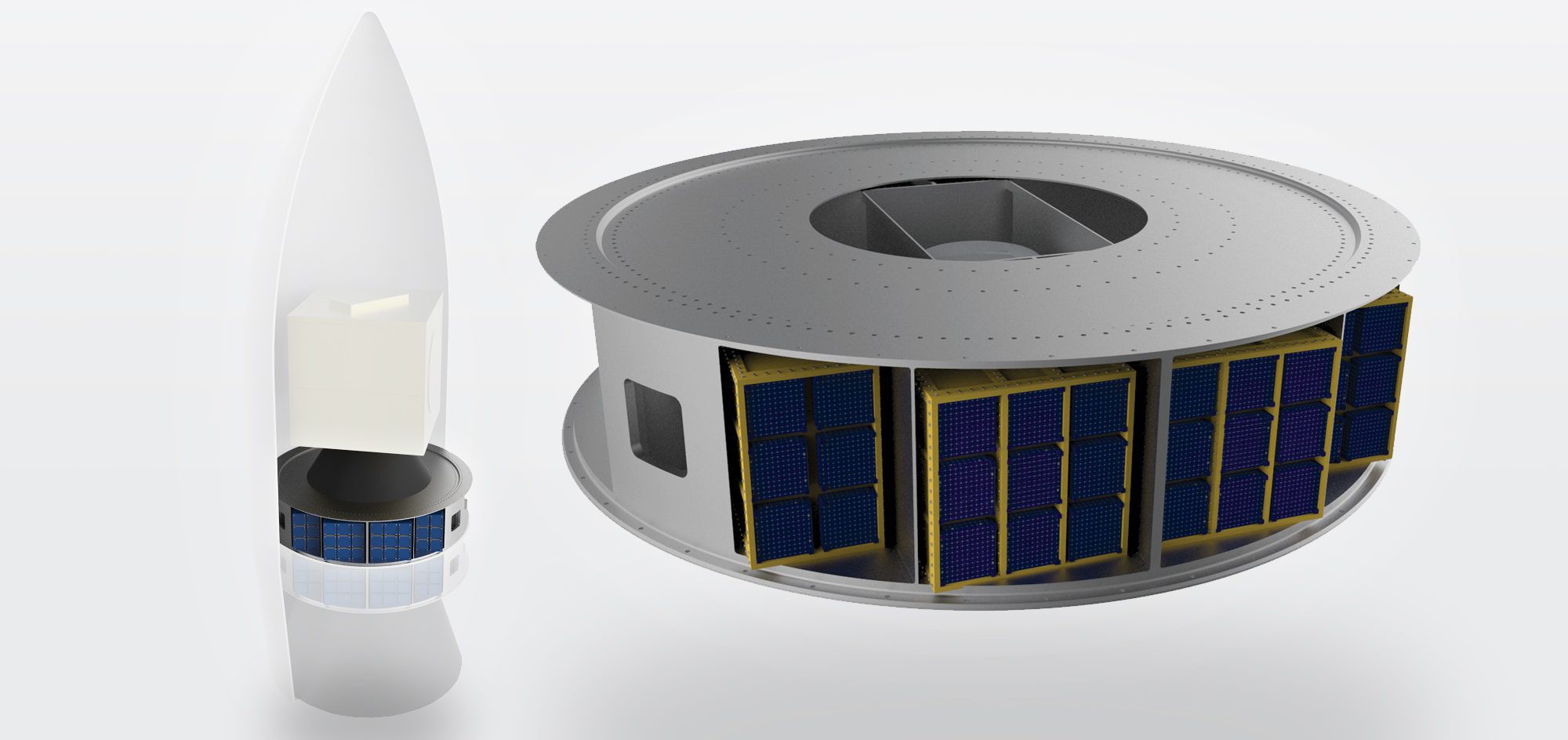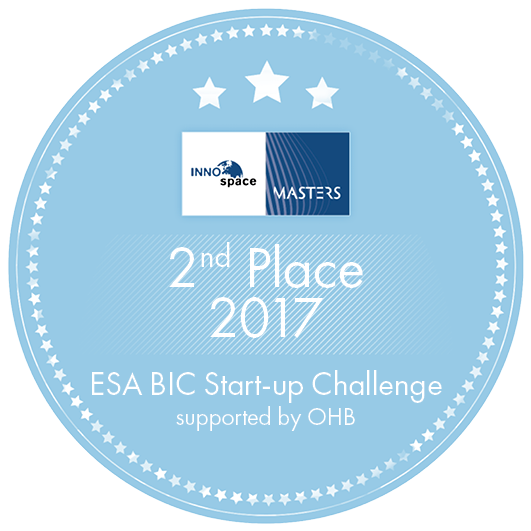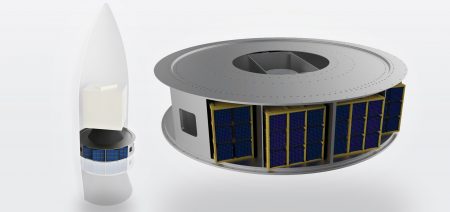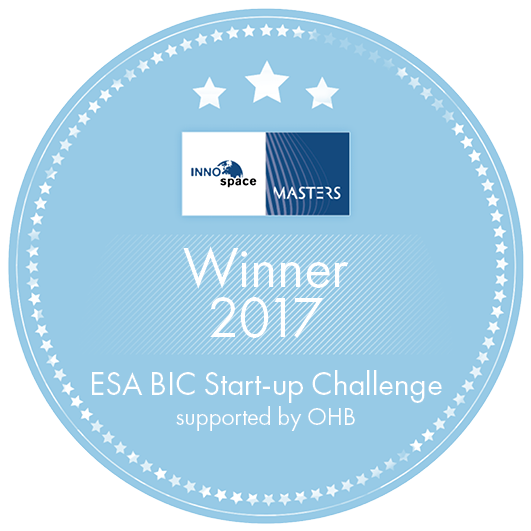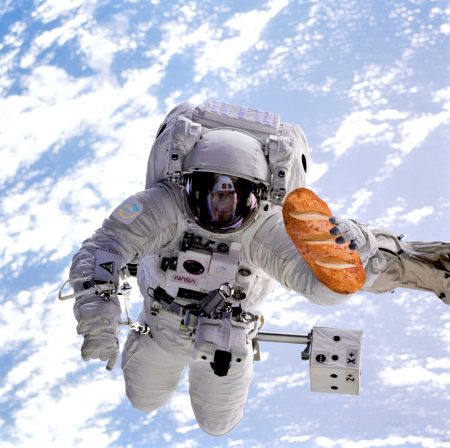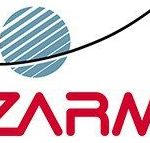MSP: Advanced Modular Production of Microsatellites
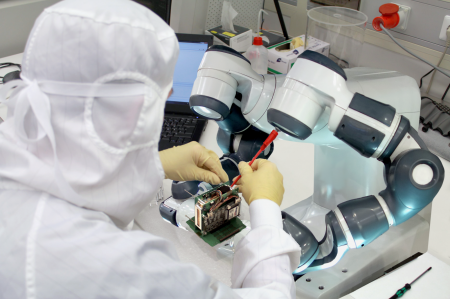
To keep up with the emerging requirements of mass production, mega-constellations and formations of microsatellites one needs innovative lest concepts and production processes. Modern manufacturing techniques from the realm of lndustry 4.0 can open the door to significant productivity gains in high-volume satellite production. The Zentrum für Telematik e.V. (Würzburg) is working on transferring new methods and tools for satellite production into the space sector. The submitted idea is specifically geared towards humanrobot collaboration based on the use of a lightweight robot.
Benefits:
- Integrated testing and production systems increase lot sizes and quality
- Modularisation and standardisation in electronic production reduces overall system complexity, which also simplifies the production process
- Testing based on smart components reduces production costs

Zentrum für Telematik (ZfT)
Würzburg, Germany
Prof Dr Klaus Schilling
www.telematik-zentrum.de
info@telemotik-zentrum.de

